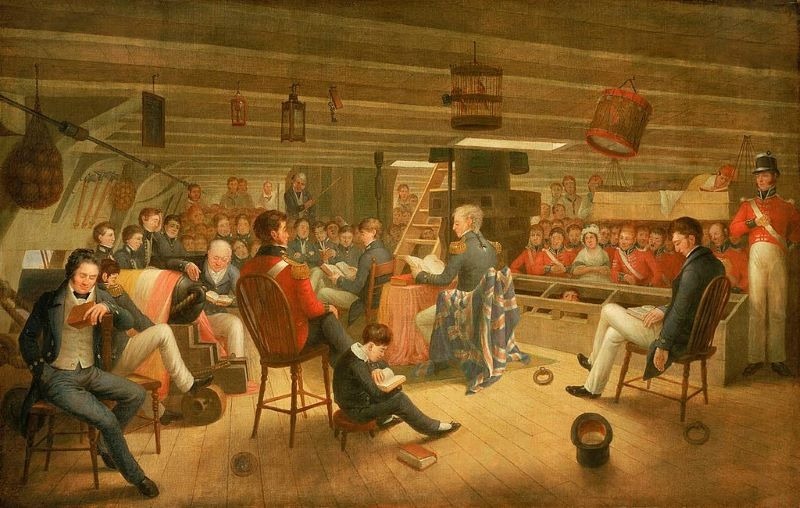
Religious officials have accompanied British soldiers into war for centuries, offering moral and spiritual support to humans in the most inhumane situations. But it was only at the end of last year that the Ministry of Defence finally announced it would be recruiting non-religious pastoral support officers for the first time.
“This historic step reflects growing demand for the service,” said Clare Elcombe Webber, head of humanist care at Humanists UK, which has been campaigning on this issue for years. “In times of critical need, people need person-centred support. Just as this is true of religious people, so it is also true of the non-religious.” Humanists UK’s Non-Religious Pastoral Support Network will be the endorsing authority for the new recruits – one each for the Army, Navy and Royal Air Force. The network provides training and accreditation for non-religious pastoral carers, hundreds of whom are already working in hospitals and prisons across the UK.
Historically, military chaplains were Christian, although this was expanded to the Jewish faith in the late 19th century. Today, they represent Britain’s diverse religious population, including Buddhist, Sikh, Hindu and Muslim chaplains. But until now, all must have been ordained by designated religious organisations. This is despite the rise of atheism and agnosticism within the military. Data from last year shows that 38 per cent of UK regular forces personnel say they have no religion, a figure that has more than doubled over the past decade. They now represent the second-biggest group by faith (or lack thereof).
This development will have a real impact for many. Faced with the prospect of mental and physical injury, the loss of friends and colleagues, and confronted by questions of life and death inherent to their profession, there are few roles that require the kind of guidance and comfort that military personnel do. Now, after centuries, non-religious servicemen and women will finally get access to support that is tailored to their belief system, just like their religious peers.
The change brings the UK into line with the armed forces of several other countries – including Norway, Belgium and the Netherlands. It comes five years after humanists finally gained formal representation at the Remembrance Day ceremony at the Cenotaph, recognising the sacrifices of non-religious servicemen.
It is just a start. The initial goal is to recruit three non-religious pastoral carers to minister to the tens of thousands of personnel who say they have no religion. Meanwhile, there are around 200 Anglican army chaplains, according to 2020 data. But the number of humanist chaplains is almost certain to rise as more posts become available. And it’s an important start, one that reflects a growing trend of providing non-religious pastoral care across public institutions, whether that’s universities, hospitals, prisons – or the military.
This article is a preview from New Humanist's spring 2024 issue. Subscribe now.

